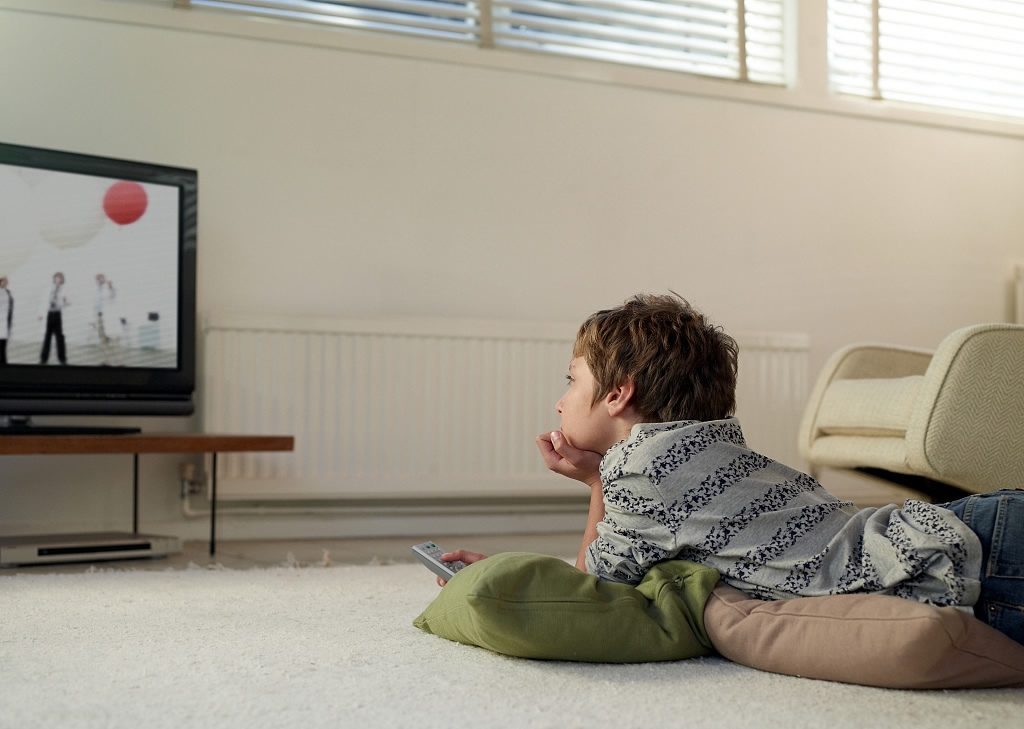
health
22:01, 13-Jan-2018
Study: Media use disrupts kids' sleeping habits, harms health

Preschoolers who spend more time watching television, playing video games or using computers get less sleep, said researchers from the University of Michigan (UM).
UM researchers assessed TV, DVD or VCR, video games and computer or Internet usage among 278 preschoolers with an average age of four years old. Parents and guardians completed an online or paper questionnaire about their child's bedtime behavior, namely the hours of nightly sleep, daily naps, and the number of times they watched media or used any of the devices.
In addition to providing demographic information, parents responded to questions about sneaky media use, a new measure representing the frequency children are caught using media when they should be sleeping.
On average, respondents reported their children got close to 11 hours of sleep per day. Most of the children's media use occurred on weekdays after preschool, in the evening before bedtime and over the weekend.
About 19 percent of the children surveyed had televisions in their bedroom, with 17 percent having two TVs. More than 23 percent had a DVD or VCR and nine percent had one video gaming system.

VCG Photo
VCG Photo
Analysis of the responses showed that kids caught using media when they should be sleeping, slept less at night, took longer daytime naps and went to bed later on weekdays compared to the never-caught group.
Children with televisions in their bedrooms were 127 percent more likely to engage in sneaky media use compared to those without a TV in their room.
Although the kids are getting more than 10 hours of sleep daily, it's the timing of that sleep over the day that raises some cause for concern, the researchers said.
"Although these children may be meeting their required hours of sleep during any given 24-hour period, a longer daytime nap suggests a disruption to a child's process of sleep consolidation," said Jessica Moorman, the study' s lead author and a PhD candidate at UM Department of Communication Studies.
The longer naps by the heavy and sneaky media users could be one seemingly innocent yet impactful health-harming behavior in preschool-age children, the researchers said.
The study has been published in the current issue of Health Communication.
Source(s): Xinhua News Agency

SITEMAP
Copyright © 2018 CGTN. Beijing ICP prepared NO.16065310-3
Copyright © 2018 CGTN. Beijing ICP prepared NO.16065310-3